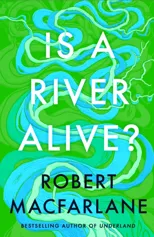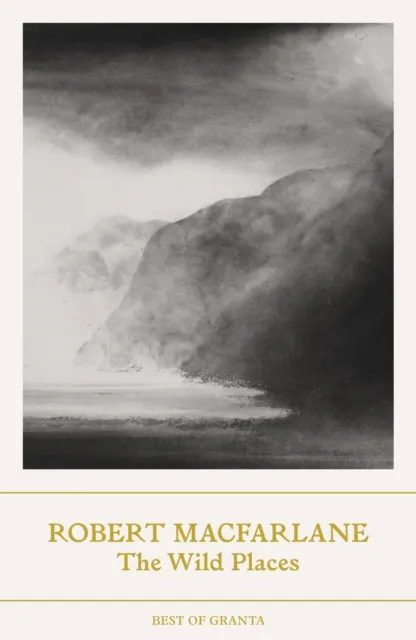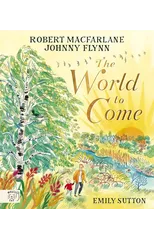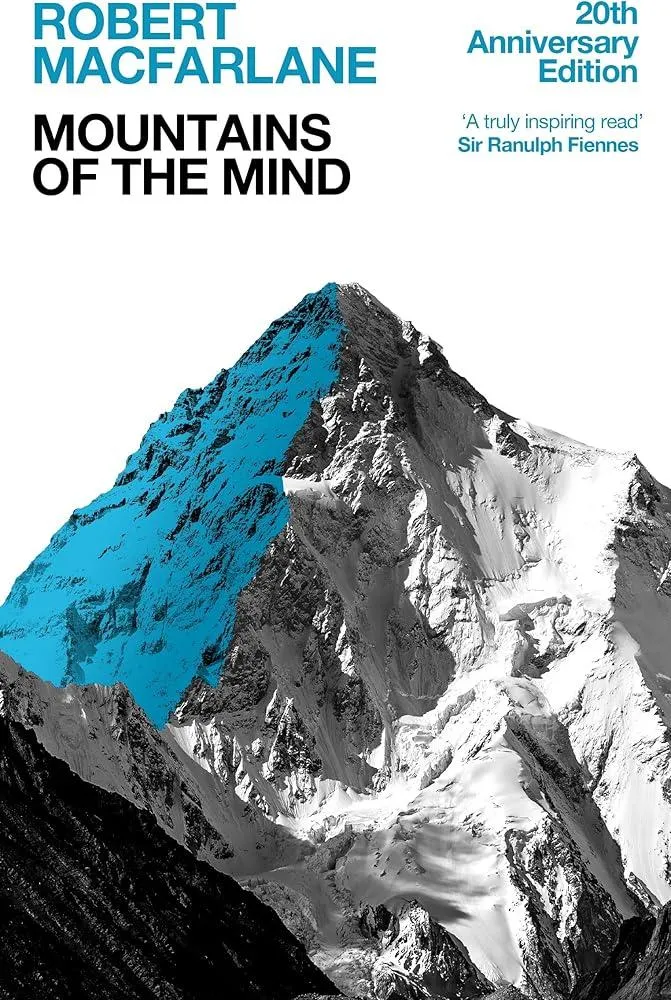Landmarks
(Author) Robert MacfarlaneLandmarks is Robert Macfarlane's joyous meditation on words, landscape and the relationship between the two - now available in a beautiful new Winter edition for Christmas Words are grained into our landscapes, and landscapes are grained into our words. Landmarks is about the power of language to shape our sense of place. It is a field guide to the literature of nature, and a glossary containing thousands of remarkable words used in England, Scotland, Ireland and Wales to describe land, nature and weather. Travelling from Cumbria to the Cairngorms, and exploring the landscapes of Roger Deakin, J. A. Baker, Nan Shepherd and others, Robert Macfarlane shows that language, well used, is a keen way of knowing landscape, and a vital means of coming to love it. Praise for Robert Macfarlane: 'He has a poet's eye and a prose style that will make many a novelist burn with envy' John Banville, Observer "I'll read anything Macfarlane writes" David Mitchell, Independent 'Every movement needs stars. In [Macfarlane] we surely have one, burning brighter with each book.' Telegraph '[Macfarlane] is a godfather of a cultural moment' Sunday Times
Robert Macfarlane
Robert Macfarlane is a British writer known for his work in the genre of nature writing and landscape literature. His writing often explores the relationships between nature, language, and culture, and he is known for his lyrical prose and vivid descriptions of the natural world.
Macfarlane's most notable works include "Mountains of the Mind," "The Wild Places," and "The Old Ways." These books have been praised for their evocative descriptions of landscapes and their exploration of the human connection to the natural world.
Macfarlane's contributions to literature include his ability to inspire readers to see the world around them in new ways, to appreciate the beauty of the natural world, and to reflect on the ways in which landscapes shape our identities and experiences. His work has had a significant impact on the genre of nature writing, and he is widely regarded as one of the leading voices in this field.
One of Macfarlane's most famous works is "The Old Ways," in which he explores the ancient paths and routes that crisscross the British landscape, reflecting on the ways in which these paths connect us to the past and shape our sense of place in the world.






